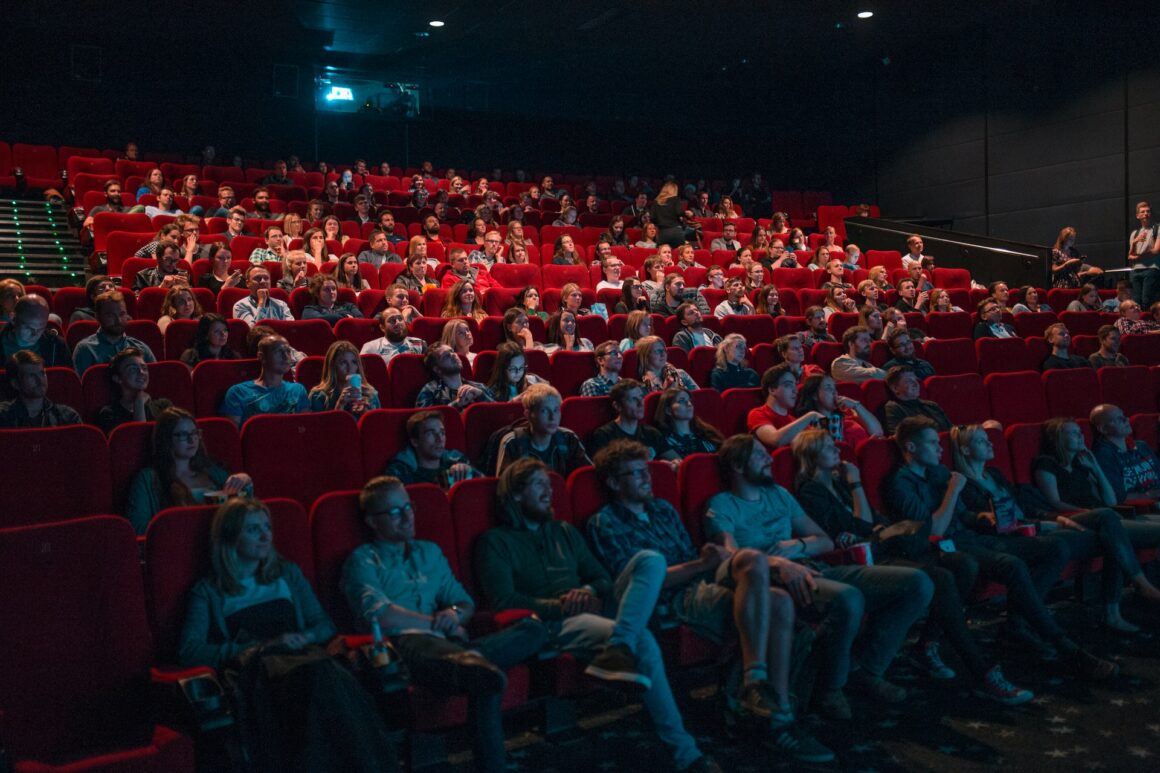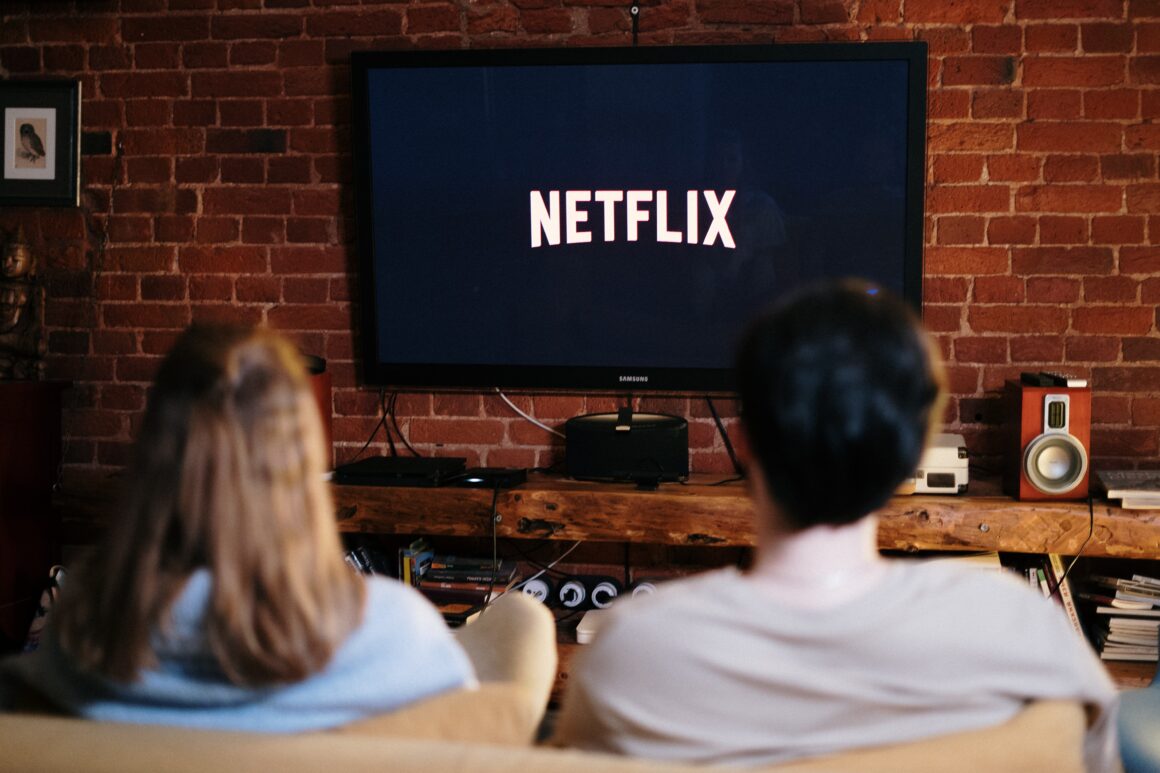*WARNING: Minor spoilers ahead!*
Even though HBO’s miniseries Big Little Lies (based on Liane Moriarty’s 2014 best-selling novel) drew to a close, it has still been running through my mind even a week after the series finale. The series, starring Reese Witherspoon, Nicole Kidman, and Shailene Woodley as Madeline McKenzie, Celeste White, and Jane Chapman (respectively), is centered on a murder that strikes an elementary school in Monterey, California, and the events leading up to the murder.

When giving the story a cursory glance, the plot seems to lack reliability; it’s about three affluent white women living in seemingly perfect situations. Even Shailene Woodley, describing her character Jane and her feelings towards moving into this life filled with wealthy and “perfect” women, claimed that Jane “immediately judges these women who seemingly have it all.” However, the show grapples with real life issues such as rape and domestic violence.
Celeste (exceptionally played by Nicole Kidman) deals with an abusive husband. Episode by episode, viewers watch the violence she endures from her husband escalate. As Celeste realizes that the relationship she is in could potentially lead to her fate, she seeks help from a counselor. With the help of her counselor, Celeste realizes that she (and no other woman) should not ever have to experience such atrocities and that she should stand up to her husband and leave. While this may seem like an obvious decision, the way Nicole Kidman portrays Celeste’s hesitation in removing herself and her kids from the jeopardizing situation shows that it isn’t as easy as just walking away.

When describing Celeste’s relationship to her husband, Perry (played by Alexander Skårsgard), Nicole Kidman told Vogue that “when she goes to seek help, she doesn’t want the relationship to be destroyed, she just wants it to be fixed. She knows these things are unhealthy, but she’s not willing to delve any deeper than ‘I just need some tools.'” This reveals in Celeste (and possibly in other women, and men, who are struggling to come to terms with their abusive relationships) a fragility that says not everybody can willingly just walk away from these threatening relationships. Some of these women have to consider the repercussions of running away; where can they go? Will their financial status allow for that decision? How will the violent significant other react? If children are involved, will a custody trial begin? People can see the options one has to consider when leaving these situations.
The horrific situation that Celeste has to come to terms with and eventually escape is a situation that is none too familiar with men and women all around the world. In America alone, “nearly 3 in 10 women (29%) and 1 in 10 men (10%) in the US have experienced rape, physical violence and/or stalking by a partner and report a related impact on their functioning.”
Hopefully by seeing this toxic relationship be presented on television for all to see, women and men who are struggling in situations involving domestic violence can find a character that they can relate to and see, as Celeste seeks help and ultimately decides to leave Perry, that they can find strength within themselves and can find someone to confide in and can help to make an action plan so that they can remove themselves from these dangerous situations.

So, while Big Little Lies may illustrate the life of a privileged class of white people, the messages it conveys are still messages that people of all classes can resonate with. In particular, the message that escaping isn’t as easy as just leaving. As Shailene Woodley said to Indiewire, “violence exists in our culture because our culture doesn’t talk about a lot of things.” One can hope that along with this television show will come plenty of discussion about domestic violence; it is time to shed some light on the harsh reality that this often occurs in hopes of alleviating the toxicity of these relationships.




